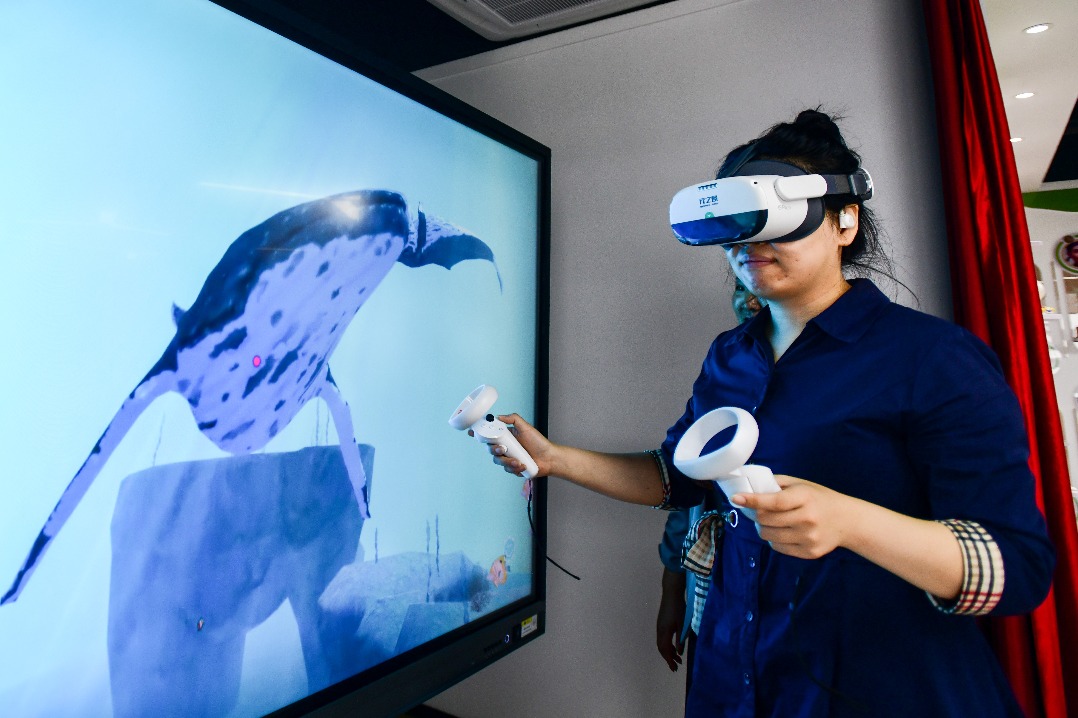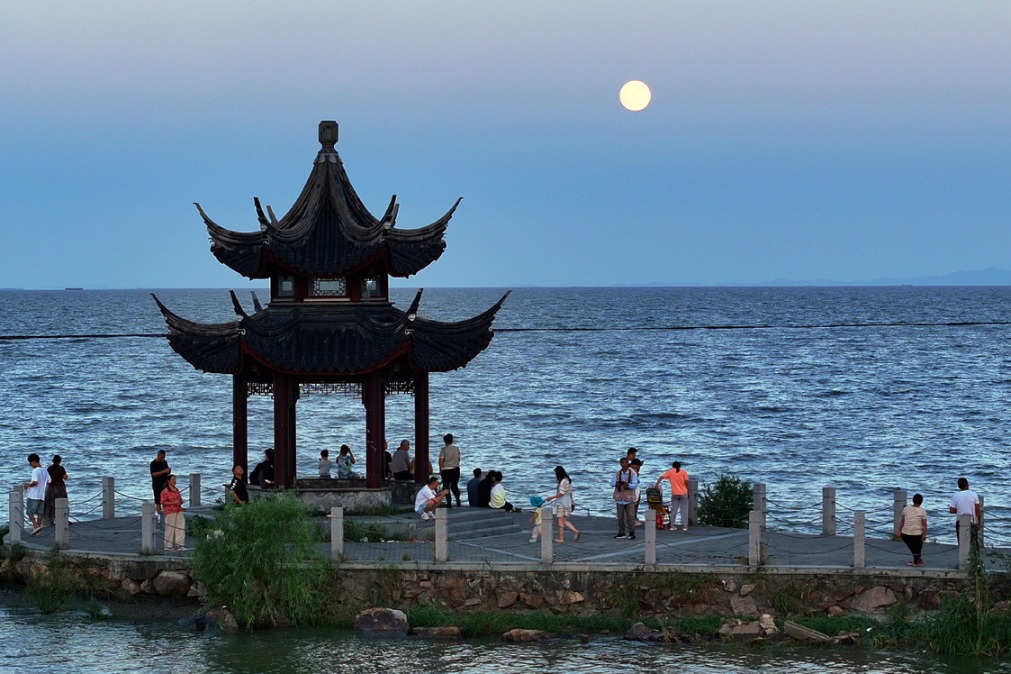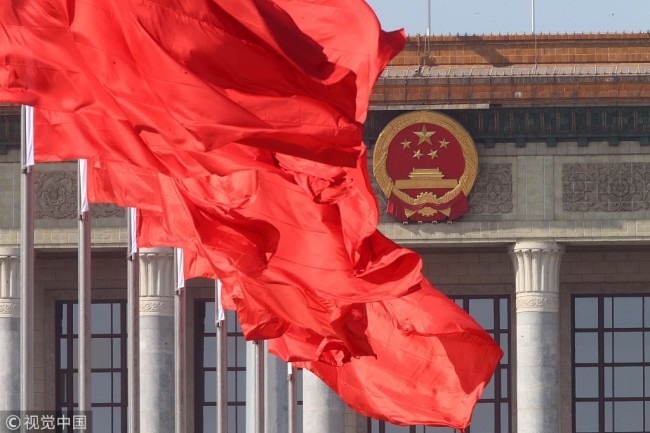Change of ways
The rise of Asia is leading to a multipolar world and shared development


It may be rapid, immediate or slow, but change is inevitable. Changes in Asia in terms of politics and economics are multi-dimensional. It gives the Asian political landscape a unique character. The modern thought of politics, efficient economic theory, advanced social science and forward-looking science and technology are the real strengths of Asia.
In recent years, the world has been confronted with a series of serious crises and challenges, including the Ukraine crisis, United States-China tensions, the Rohingya refugee crisis in Bangladesh and Myanmar, the turmoil in Pakistani politics, and the Afghan crisis. Each of these changes has had a significant economic and political impact on Asia, and on the whole world as well. In October 2022, US President Joe Biden took a major step to try and constrain China's rise by denying it access to the advanced semiconductor chips essential for the development of new technology such as artificial intelligence. However, the administration's tendency to act unilaterally, its lackluster trade initiatives, and its embrace of an industrial policy that could steal jobs from those same friends and allies, have undercut its efforts. In mid-November 2023, President Biden and Chinese President Xi Jinping met on the sidelines of the G20 summit. They agreed to work to reduce mutual tensions and pledged cooperation in areas such as climate change and public health. Nonetheless, mutual suspicion and acrimony are likely to dominate the relationship for years to come. If we analyze the above-mentioned statement of the US government, we will find the root cause of the ongoing challenges to the "Rise of Asia". Instead of embracing the concept of shared development as strongly promoted by President Xi, the US has preferred to take a controversial approach toward China and other major Asian powers. This approach is neither peace-loving nor democratic and not in line with a responsible diplomatic manner. The peace-loving citizens of the US will not welcome the approach that is clearly directed at a hegemonic world order. Rather the global community requires a world of mutual cooperation.
Once the narrative of development was subject to the prescription of a bipolar world order. Now the global scenario has been transformed to a complex and multidimensional level. President Xi in his keynote address at the opening ceremony of the Summit of the Forum on China-Africa Cooperation in Beijing on Sept 5, rightly said: "Modernization is an inalienable right of all countries." In his speech, he pointed out that the wave of modernization underway must be just and equitable and put people first. It must be open and win-win, and underpinned by peace and security. It must also be eco-friendly and featuring diversity and inclusiveness. These issues need to be addressed strongly in all aspects of regional and global development, particularly in the development paradigm of the Global South.
As Harvard University Professor Stephen M. Walt wrote in Foreign Policy Journal on March 7, 2023, "the Biden administration is striving for a unipolar order that no longer exists". Those who promote a unipolar world order have failed to submit any reasonable arguments why there should not be a multipolar world. Not surprisingly, Russian and Chinese leaders have long expressed a desire for a more multipolar order, as have the leaders of emerging powers such as India and Brazil. More interestingly, so have important US allies. Former German chancellor Gerhard Schroder warned of the "undeniable danger" of US unilateralism, and former French foreign minister Hubert Vedrine once declared, "the entire foreign policy of France … is aimed at making the world of tomorrow composed of several poles, not just one".
We can understand that this realization has come from the dire consequences of Western capitalism and its negative prospects. That is why the idea introduced by President Xi for global modernization necessarily focuses on a multipolar world order, featuring the theory of diversity and inclusiveness as set out in the Global Civilization Initiative. Thousands of years of experience of human civilization show that only by enhancing people-to-people and cultural exchanges among various parts of the world, and championing mutual respect, inclusiveness and the peaceful coexistence of different civilizations can more fruitful outcomes under the Global Civilization Initiative be achieved. Asia has proved its capacity to lead the implementation of this initiative.
Our era and our history are at a very critical juncture. Any mistakes as to understanding the demands of the era may lead to unbearable consequences. I come from a very beautiful country with the largest sea beach in the world and it has extraordinary friendship with the Chinese people. Presently, China is a major development partner of Bangladesh. Our people want that this process has to be continued without hesitation. We can confidently say that thousand years of our history has proved that mutual respect, inclusiveness and peaceful coexistence of different civilizations can bring about global prosperity and peace.
The author is a practicing lawyer at the Supreme Court of Bangladesh. The author contributed this article to China Watch, a think tank powered by China Daily. The views do not necessarily reflect those of China Daily.
Contact the editor at editor@chinawatch.cn.
































